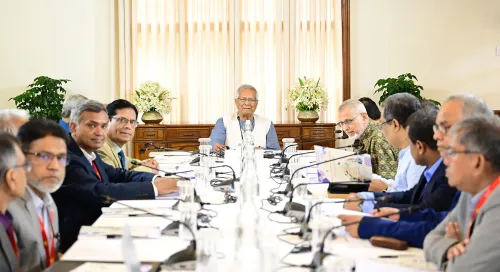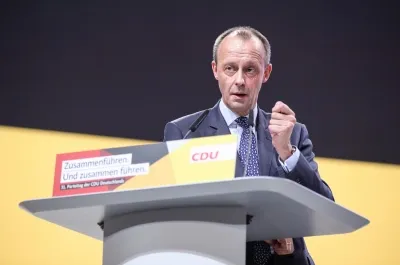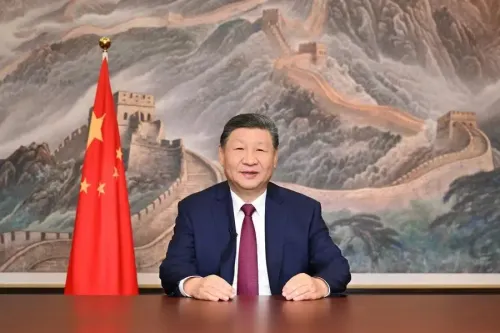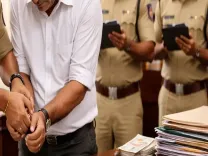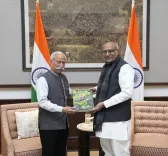What is the significance of Libya's decision to address security concerns?
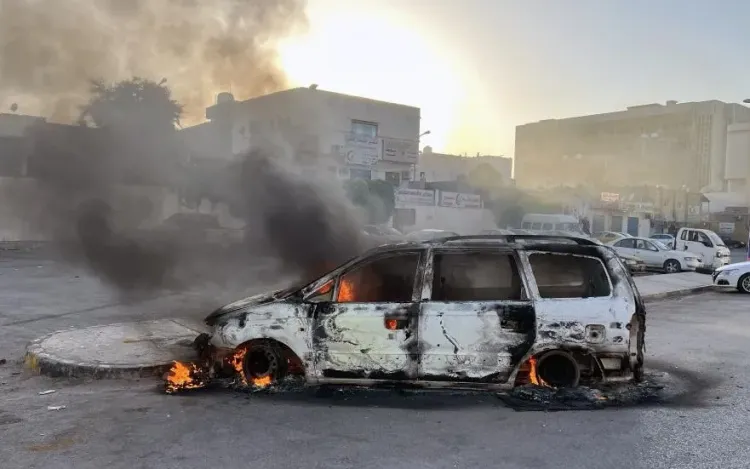
Synopsis
Key Takeaways
- UNSMIL welcomes Libya's decision to form committees.
- Committees aim to enhance security arrangements.
- Focus on addressing human rights issues in detention facilities.
- Recent clashes highlight the urgent need for stability.
- Libya's political landscape remains fragmented post-2011.
Tripoli, June 7 (NationPress) The UN Support Mission in Libya (UNSMIL) expressed its approval on Saturday regarding the Libyan Presidency Council's decision to establish two committees aimed at tackling security and human rights issues in light of the recent armed confrontations in Tripoli.
According to UNSMIL's statement, "These initiatives are designed to enhance security protocols to avert further violence and guarantee the safety of civilians, while also addressing human rights violations within detention facilities, particularly concerning widespread arbitrary detentions."
On Thursday, the Libyan Presidency Council announced the formation of one committee tasked with organizing security and military operations in Tripoli, with the objective to "eliminate all armed displays in the city and enable regular military and police forces to execute their duties in a structured and disciplined manner."
Additionally, another committee will be responsible for overseeing human rights situations within detention centers and prisons, as well as cataloging and reviewing cases of arrests made without judicial oversight or public prosecution referral, as reported by Xinhua.
In mid-May, tensions escalated in Tripoli following violent clashes between the Stability Support Apparatus (SSA) and the 444 Brigade, a militia affiliated with Libyan Prime Minister Abdul-Hamid Dbeibah. This violence was sparked by the reported killing of an SSA commander at a facility controlled by the 444 Brigade.
On Friday, Dbeibah initiated an investigation into the clashes that erupted on Thursday in the northwestern coastal city of Sabratha.
The Prime Minister's Information Office stated that Dbeibah had directed the commander of the Western Military Zone to commence an "immediate and comprehensive investigation" into the clashes.
"These directives are part of orders issued yesterday for the Western Military Zone commander to promptly intervene and halt the fighting," the statement elaborated.
Local media reported that confrontations occurred on Thursday between rival armed factions in Sabratha, located approximately 70 km west of Tripoli, continuing into Friday morning.
Since the fall of former leader Muammar Gaddafi's regime in 2011, Libya has been grappling with political fragmentation and insecurity. The authorities are struggling to exert control, as numerous armed groups operate independently throughout the country.


